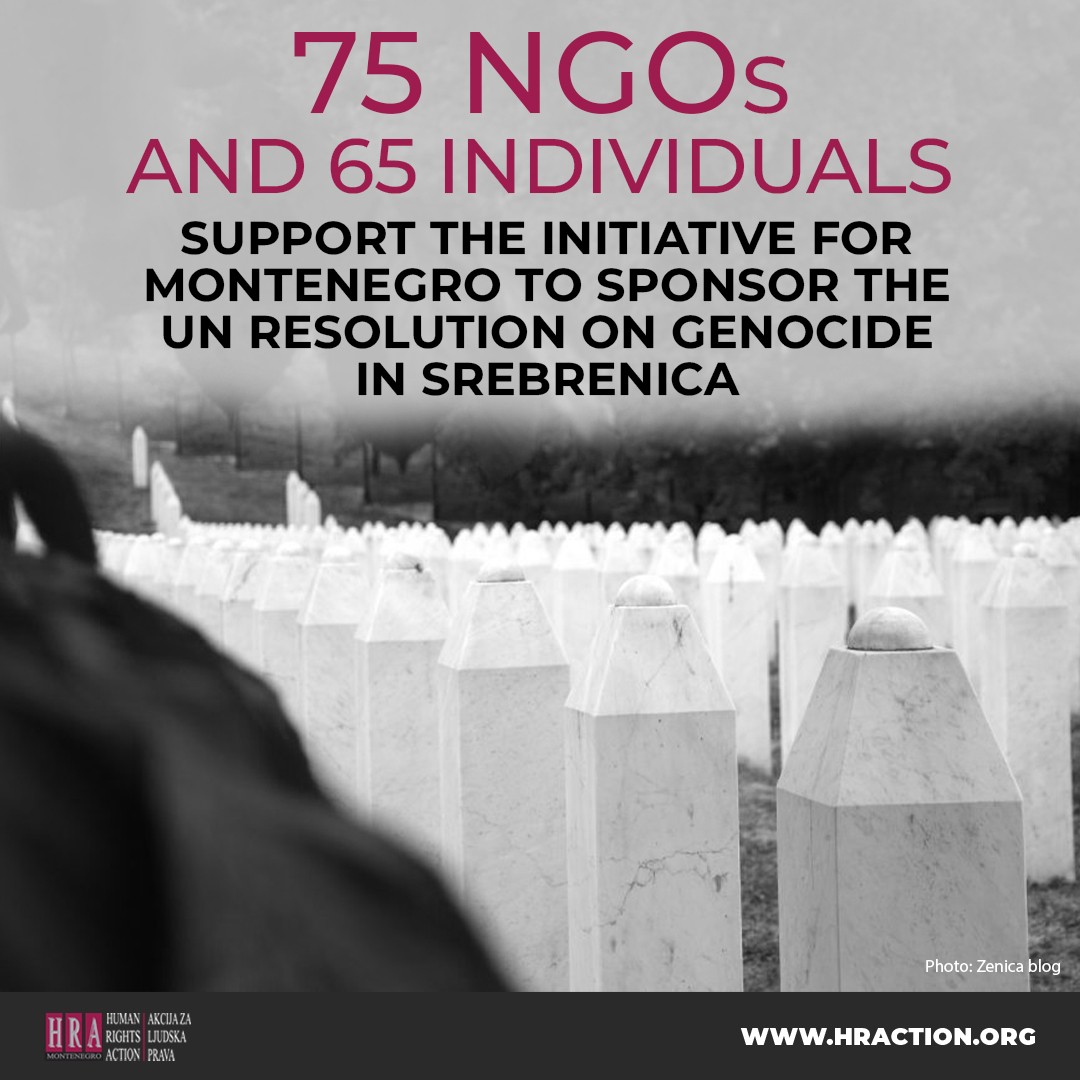
The number of NGOs and prominent individuals who support the Initiative for Montenegro to sponsor the UN Resolution on the Remembrance of the Srebrenica Genocide has increased to 75 NGOs and 65 individuals
22/04/2024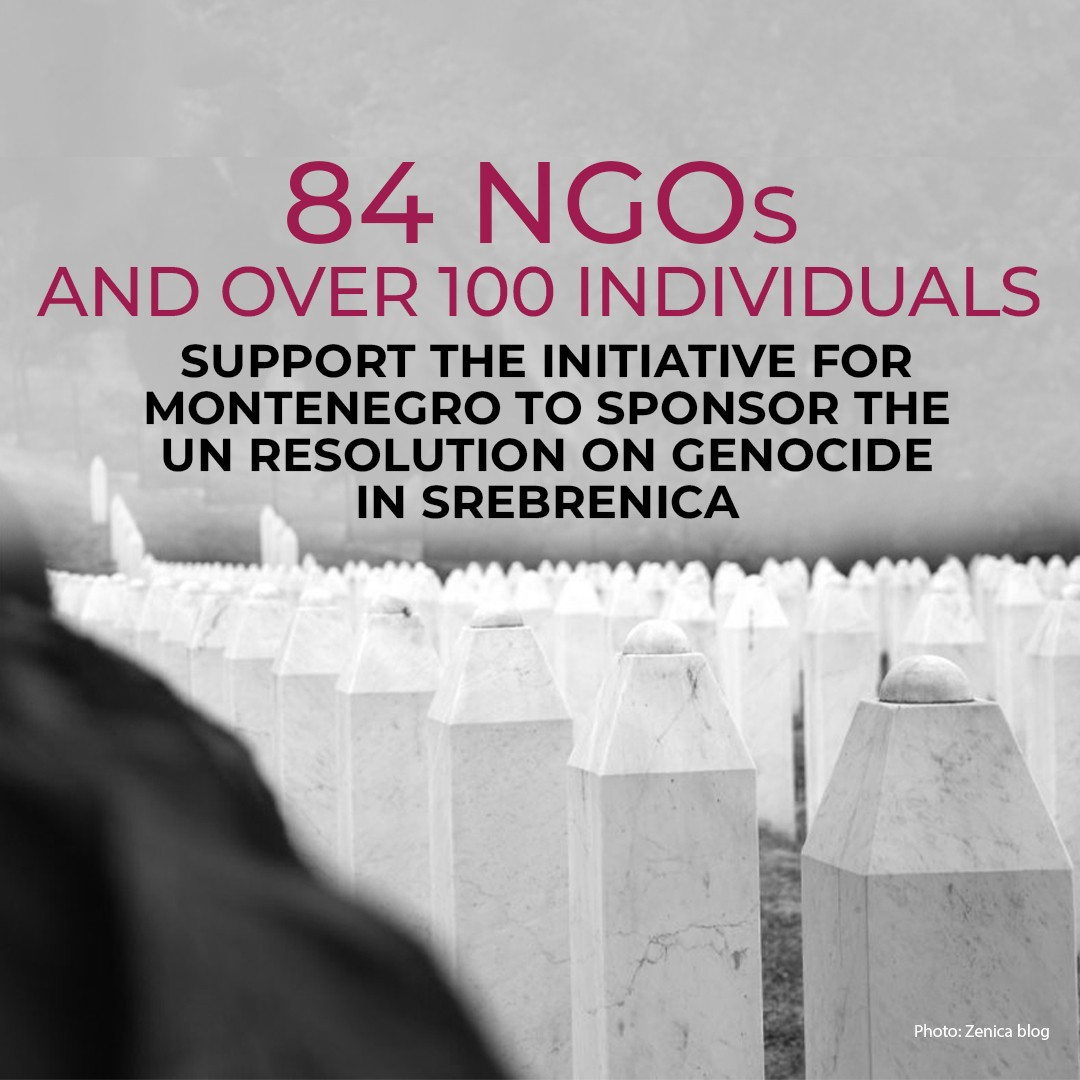
NEW LETTER TO THE PRIME MINISTER – SPONSOR THE RESOLUTION ON SREBRENICA – 84 NGOs AND OVER 100 SIGNATORIES OF THE INITIATIVE AND ADDITIONAL ARGUMENTS
24/04/2024WAR CRIMES TRIAL CONTINUES AFTER 11 MONTHS
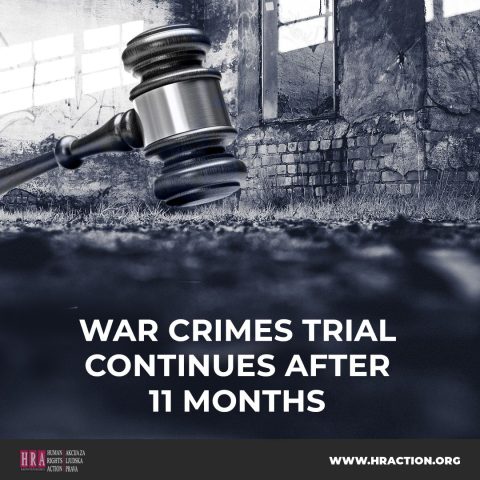
The trial of Slobodan Peković, accused of war crimes committed against civilians in Bosnia and Herzegovina, continued yesterday, after 11 months. Peković is accused of killing two people and raping a Bosniak woman in Foča in 1992 as a soldier of the Army of the Republic of Srpska. This is the first trial in Montenegro that includes accusations of sexual violence committed during a war. The victim of this type of violence has the status of protected witness. The Human Rights Action is regularly following the trial.
The last hearing in this case was held on 31 May 2023. The trial has been postponed five times since then: due to the absence of the defence counsel (on three occasions), due to the absence of a member of the judicial panel (on one occasion), and due to the inability of the Court of Bosnia and Herzegovina to ensure the hearing of witnesses (on one occasion). As the witnesses reside in Bosnia and Herzegovina, to make the procedure more economic they are testifying via video link.
We remind that, due to frequent delays, special prosecutor Tanja Čolan Deretić requested an expert examination of the medical documentation of the defence attorney, to assess whether he will be able to join the trial in the near future. At yesterday’s hearing, by decision of the President of the High Court in Podgorica, Peković was assigned a public defender who will continue to act together with his chosen attorney.
The son of murdered Emina Šabanović, Meho, was also heard at the trial. He explained that he was not an actual eyewitness to the murder and that the immediate witness was rather his grandmother Begija, who knew Peković from before. However, she was murdered in a gruesome way in 1994, burned in a hut with five other women. Meho Šabanović said the following: “My grandmother told my aunt, Ramiza Grcić, about all the things she saw, and my aunt then passed that on to me. Ramiza’s testimony does exist, as she had testified about this before she passed away (during the Coronavirus pandemic)”. Šabanović further testified that he was very close to Peković, that he knew him well because they were both members of a hunters’ association, and that they had eaten and slept in the same room on several occasions. He also claimed that, during the event in question, Peković was looking for him, his brother and the weapons, and that he killed Emina after she refused to tell him where they were. Answering the defence attorney’s question, the witness could not physically describe Slobodan Peković. He joined the criminal prosecution and filed a property-legal claim.
As the trial continued, defence attorney Ratko Pantović demanded that the defendant be released from custody, referring to the standard of the European Court of Human Rights which stipulates that “grounds for detention weaken with the passage of time”, concluding that in this case “they have practically disappeared” since Peković already spent two and a half years in custody. As an additional reason for the termination of detention, he cited the poor health of the defendant, who in the meantime had suffered two heart attacks and has had surgery while in prison, and whose heart is now “only 10% operational”. The defence attorney also demanded that detention be replaced by alternative measures of restriction of movement and occasional reporting, as Peković’s travel documents have already been confiscated. However, the proposal to cancel detention was rejected because, in the opinion of the Court, the reasons for which it was ordered still exist – namely, the risk of flight and the severity of the threatened sentence.
Representative of the injured party, attorney Dalibor Tomović, demanded that the court order that a neuropsychiatrist in Bosnia and Herzegovina perform an expert examination of the physical and mental pain and reduced general life activity of the injured person, so that this finding could serve as grounds for deciding on the property-legal claim. The representative of the prosecution joined Tomović’s request. The court will decide thereupon in the course of the criminal proceedings.
In order to efficiently bring the trial to conclusion, Judge Nada Rabrenović scheduled the next hearings for 28 May, 11 June and 5 July 2024.
Attorney Dalibor Tomović represents the injured party as part of the Human Rights Action project that is part of the regional project entitled “European Union Support to Confidence Building in the Western Balkans”, financed by the European Union and implemented by the United Nations Development Program (UNDP).


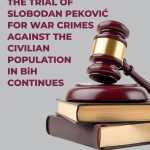
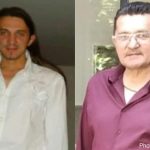
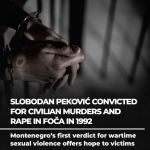
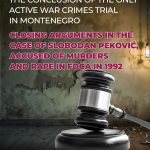
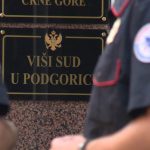
 English
English Montenegrin
Montenegrin